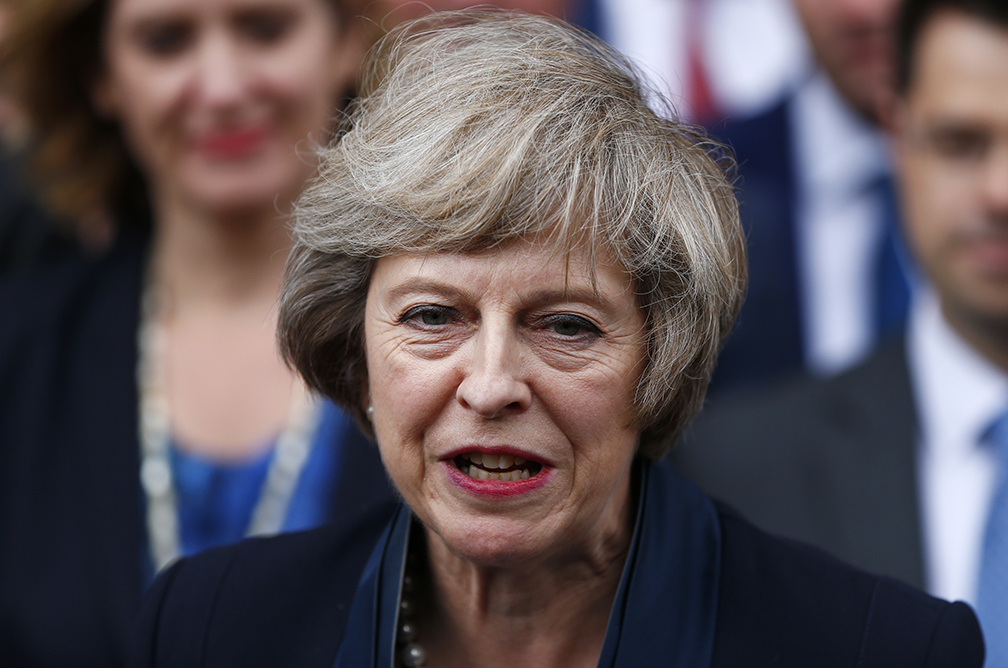It has long been clear that there are no good Brexit options. As former Prime Minister John Major pointed out recently, the British people were told by Brexit advocates at the time of the last referendum back in June 2016 that they would keep the advantages of the single market, be better off, get cash back from Brussels to fund the National Health Service, be able to negotiate new trade deals overnight, and have no problems with the Irish border if they voted to leave the European Union (EU). None of these claims has turned out to be true.
Today the British government is trying to complete an agreement with the European Commission which will leave the country half in and half out when it formally leaves the EU next March—legally no longer a member state, but still in the Customs Union while Britain’s future relations with the EU are negotiated; still bound by EU regulations, but with no scope to influence or change them; still required to follow the common fisheries policy; still unable to negotiate free trade deals of its own, but deprived of its substantial budget rebate; and still required to accept the jurisdiction of the European Court of Justice. In short, a much less good deal than the status quo.
Not surprisingly, this fudge satisfies neither the hardline Brexiteers who want a clean break nor the pro-Europeans who think the country should stick with what it has got.
If Prime Minister Theresa May’s Cabinet accepts the latest draft, it will go to Parliament for approval in the coming weeks. Like her Cabinet, Parliament itself is hopelessly divided—and not on party lines. Its members will have three options: accept the government’s deal; reject it and opt for leaving with no deal, known as “crashing out” of the EU, which would cause massive disruption to trade and daily life in Britain; or legislate for a fresh referendum—known as “the People’s Vote”—asking the electorate whether it still wishes to leave the EU at all, now that the full reality of what Brexit means has been revealed.
Brexiteers say holding another referendum—it would be the third on EU membership in the last forty-five years—would be a betrayal of the will of the people (38 percent of the electorate, but a 52/48 majority of the votes cast, chose Leave in June 2016). Others believe that democracy is all about allowing people the chance to change their minds when the facts change—which they have, significantly, since June 23, 2016. The more neutral fear that another vote overturning the 2016 referendum result could spark a constitutional crisis which resolves nothing.
The only certainty is that Britain will be worse off if it leaves the EU, in whatever form. Since the referendum, Britain has changed from being the fastest-growing economy in the G7 to the slowest. Our partners and allies abroad rub their eyes in disbelief. So does a good half of the electorate.
But there remains a strong probability that, one way or another, Britain will leave the EU in just over four months’ time. All because the last prime minister, David Cameron, thought he had to promise a referendum to win the 2015 general election.
Peter Westmacott is a distinguished ambassadorial fellow with the Atlantic Council’s Future Europe Initiative. He is a former British ambassador to the United States.
Image: Theresa May speaks to reporters outside the Houses of Parliament in Westminster, central London, on July 11 after being confirmed as the leader of the Conservative Party and the United Kingdom’s next prime minister. (Reuters/Neil Hall)
